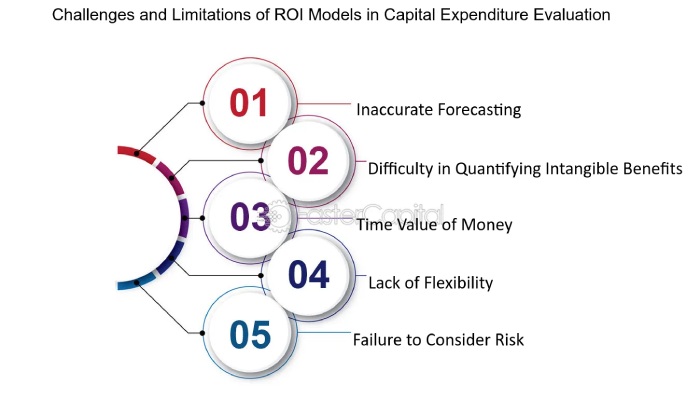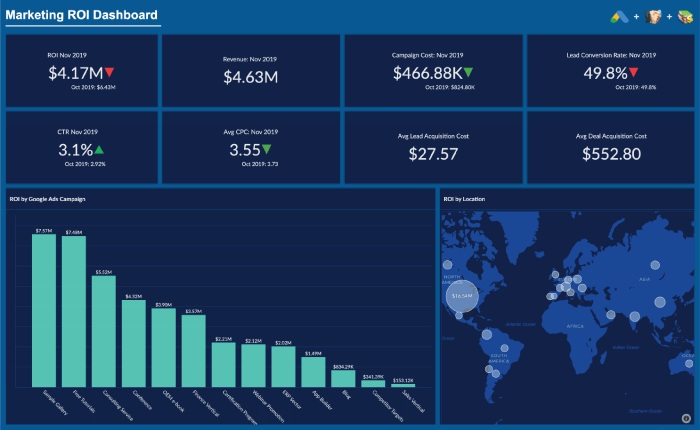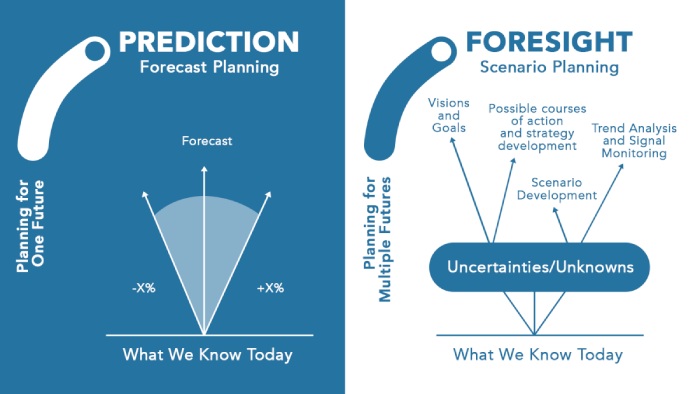Now let’s delve into the discussion to a question that asks why is foresight not getting traction with business, so continue reading. In the fast realm of business, foresight recreates a vital role in shaping prosperous plans for the upcoming future. Nevertheless, despite its undoubted reputation, many companies work to provide foresight the traction it earns in their determination-making procedures.
Effectual foresight concerns predicting market movements, technical progress, and possible challenges to steer the business toward change and stability. Yet, companies usually find it difficult to incorporate foresight techniques into their processes, leading to cut options and reduced competitiveness in the field.
Continued as we delve more in-depth into the reasoning behind the absence of foresight adoption in companies research actionable answers to crush these barriers and leverage the strength of foresight for tolerable development and creation. Now let’s start the discussion about why is foresight not getting traction with business.
Absence Of Transparent ROI On Foresight Expenditure


The loss of priority foresight is capable of resulting in reactive judgment-making, making companies weak to unforeseen disturbances and shifts in the industry landscape. By comprehending why foresight is not achieving traction with companies, we are capable of shedding light on the walls stopping residents from harnessing the full possibility of foresight in their extended planning.
In the emotional geography of company operations, the absence of a precise ROI or “Return on Investment” on foresight assets poses a considerable challenge for communities.
Quantifying the advantages and products emanating from foresight exercises is often complex, showing distrust among industry executives about the value offered by such enterprises. Since you want to know why foresight is not getting traction with business then you need to know this.
Estimating The Importance Of Foresight


Estimating the effect of foresight exercises on company arrangement and determination is a fine strategy. Classic ROI metrics may work to catch the supernatural gifts of foresight, like the earlier designation of market movements, competitive intellect, and strategic risk comfort.
Since you want to know why foresight is not getting traction with business then you need to know this. This sophistication in evaluation donates to the obscurity covering the true value caused by foresight assets, making it difficult for shareholders to completely get the extended benefits.
Quick Direction In ROI Anticipations


Since you want to know why foresight is not getting traction with business then you need to know this. The winning short-term exposure in ROI anticipations often conflicts with the naturally long-term qualities of foresight industries.
Companies often prioritize quick returns and fast wins, watching the incremental yet transformative results of forethought rules. This difference in material stands restricts the alignment between asset timelines and the completion of forethought help, controlling shareholder buy-in, and dedication to sustained foresight efforts.
By delving more in-depth into the intricacies covering the quantification of recoveries on foresight assets, communities can develop a more subtle version of the strategic advantages delivered by visionary preparedness and expectation in ever-evolving industry conditions.
Limited Knowledge Of Foresight Advantages


Since you want to know why is foresight not getting traction with business then you need to know this. In today’s rapid industry area, one of the real causes why foresight is not achieving traction within companies is the little knowledge of its uses. This absence of understanding among companies about the strategic benefits and competitive advantage that sufficient foresight can show delays its general adoption.
Academic Gap In Foresight Ideas


Bridging the academic gap in foresight ideas is important to foster a better sense of its possible uses. Institutions must support academic endeavors to provide their groups with the ability and talents needed to leverage foresight.
By delivering activities and help that describe the principles and methods of foresight, companies can assign their force to predict coming directions and make educated conclusions. Since you want to know why is foresight not getting traction with business then you need to know this.
Contact Challenges In Communicating Foresight Worth


Sharing the real advantages of foresight poses a considerable challenge in the industry. Conclusions-makers and key shareholders usually work to get the idea of foresight and its worth request. Communicating the advantages of foresight in a manner that echoes with industry executives needs precise and straightforward contact.
By highlighting the influence of foresight on risk control, strategic planning, and creation, communities can get the worth it gets to long-term victory. This is all you need to know about this matter.
Conclusion


In this article, we have given you all the information that you need to know about this matter since you ask the question that says why is foresight not getting traction with business.
Combining foresight with company systems is essential for remaining competitive and flexible in today’s rapidly transforming areas. The loss of foresight to achieve traction in the industry stems from a shortage of knowledge of its extended help. Companies that only rely on existing understandings may share initial sensations but work to climb.
If you want to know more about that, you can inform us about that in our official email ID or reach out to us in the comment section. See you in the next blog and till then read these articles.
Additional:
- A Viable Career Path in a Shifting Landscape
- Asap Rocky Net Worth, Lifestyle and Updates in 2024
- White Oak Impact Fund- Information, Profile And Returns
~Feature Image Source: https://tinyurl.com/2d5ejmxz

